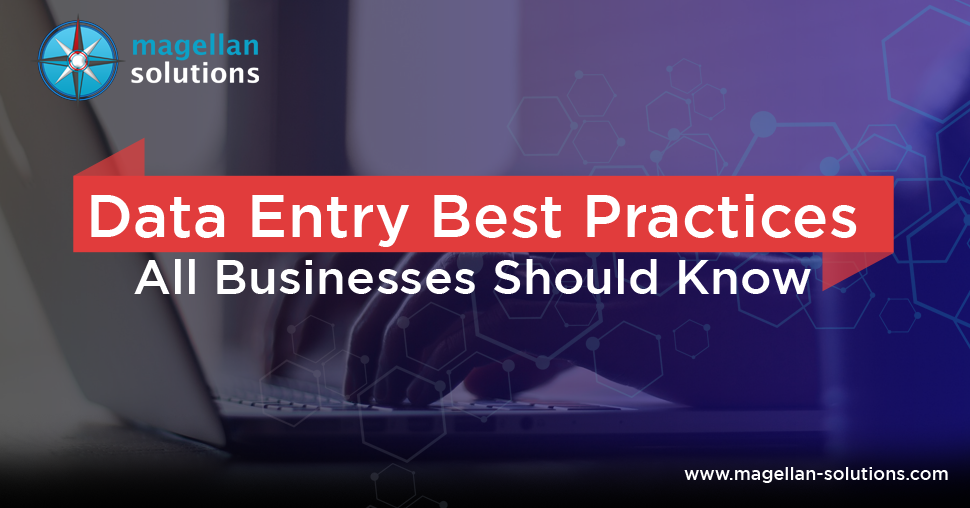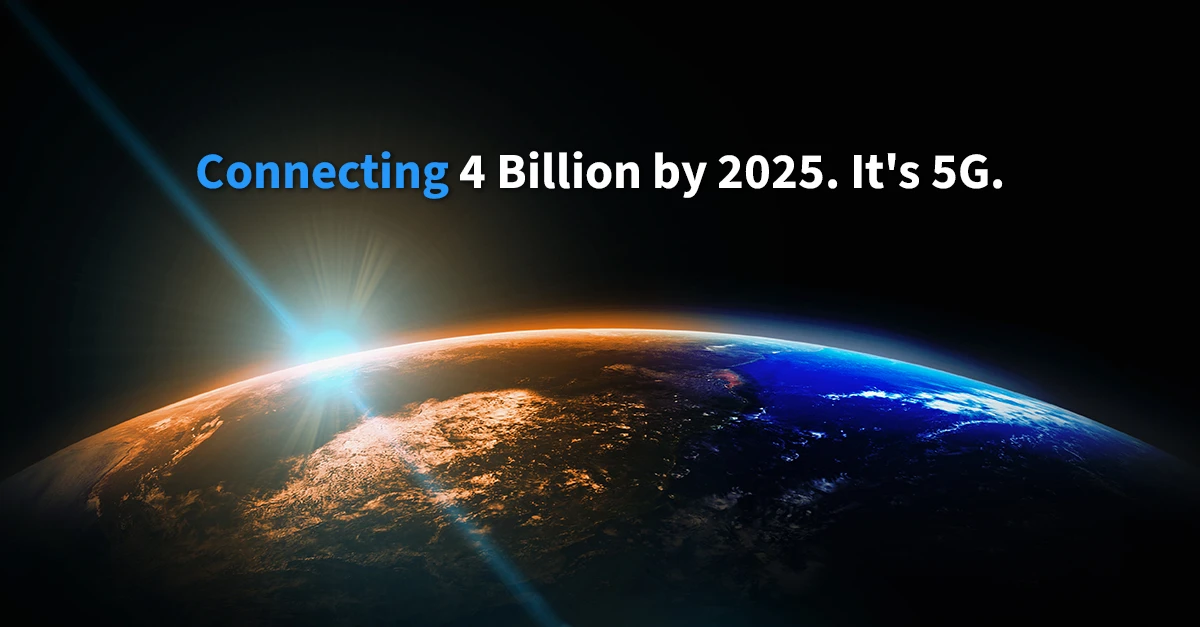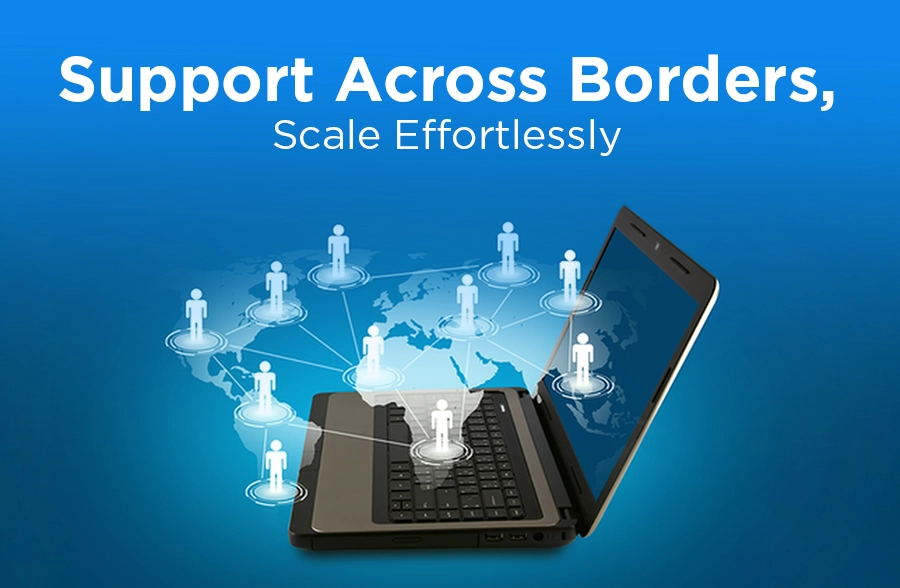Schedule a FREE call with our outsourcing expert now and get a precise quotation that meets your requirements. Don't wait - get started today!
5G is not just an upgrade; it’s a transformative force for businesses aiming to stay ahead of the curve. As tech visionary Elon Musk aptly noted, “The potential of 5G is staggering; it will impact every aspect of our lives and work.” This new era of connectivity isn’t just about faster internet—5G expansion plans promise speeds up to 100 times faster than 4G and the capacity to connect a million people per square kilometer. These capabilities unlock unprecedented opportunities for businesses to innovate, enhance efficiency, and drive growth in the digital age.
By embracing 5G technology, companies can leverage this powerful tool to redefine their operations, improve customer experiences, and lead their industries. Explore how 5G can propel your business forward, providing the competitive edge needed to thrive in today’s rapidly evolving market.
What is 5G?
5G, or fifth-generation wireless technology, represents the latest advancement in mobile network technology. It follows 4G (LTE) and substantially improves speed, latency, and connectivity.
5G networks are designed to deliver data at unprecedented speeds—up to 100 times faster than 4G—while supporting a far greater number of connected devices simultaneously. This is achieved through advanced technologies such as high-band millimeter waves, small cells, massive MIMO (multiple-input, multiple-output), and beamforming. Spectrum auctions have been critical in allocating the necessary bandwidth to support these capabilities.
What Do Businesses Gain Through 5G Connectivity?
Understanding the impact of 5G connectivity is important for businesses looking to take advantage of its potential. Here’s how adopting 5G can provide significant advantages and drive innovation:
-
Enhanced IoT Capabilities
One of the most significant benefits of 5G technology for businesses is its impact on the Internet of Things (IoT). With its high speed and low latency, 5G can support a vast network of connected devices. This capability allows for deploying more sophisticated IoT solutions across various industries, such as smart sensors and automated systems.
For instance, in manufacturing, businesses can use 5G to implement real-time monitoring and control systems that enhance production efficiency and predict maintenance needs before issues arise.
-
Revolutionizing Supply Chain Management
5G’s low latency and higher speed can drastically improve supply chain management. By enabling real-time data transfer and analysis, businesses can achieve better visibility into their supply chains. This can lead to optimized inventory management, reduced lead times, and improved responsiveness to market changes.
For example, retailers can use 5G services to track real-time shipments, adjust inventory levels dynamically, and improve logistics efficiency.
-
Facilitating Remote Work and Collaboration
The COVID-19 pandemic has highlighted the importance of effective remote work solutions. 5G can further enhance this by providing high-speed, stable connectivity that supports advanced remote collaboration tools. Businesses can leverage 5G to deploy virtual reality (VR) and augmented reality (AR) applications for immersive remote meetings and training sessions. This can lead to more effective team collaboration and employee training, regardless of geographical location.
-
Empowering Edge Computing
Edge computing, which involves processing data closer to its source rather than relying solely on centralized data centers, is significantly enhanced by 5G. This is particularly beneficial for applications requiring real-time data processing, such as autonomous vehicles or smart grids. Businesses can use edge computing to reduce latency, increase processing speed, and improve the overall efficiency of their digital operations.
For example, edge computing combined with 5G can optimize grid management and enhance energy distribution in the energy sector.
-
Enabling Advanced Customer Experiences
5G networks can transform customer experiences through improved service delivery and personalized interactions. For instance, businesses in the retail sector can use 5G to implement interactive AR shopping experiences, where customers can visualize products in their homes before making a purchase. Additionally, 5G-enabled mobile networks can offer seamless, high-quality video streaming for customer support and engagement.
-
Supporting Smart Cities and Infrastructure
Businesses involved in urban development and infrastructure can leverage 5G to contribute to creating smart cities. 5G enables the integration of various smart city solutions, such as intelligent traffic management systems, smart lighting, and advanced environmental monitoring.
Fixed wireless access (FWA), powered by 5G, can provide high-speed internet connectivity in urban and rural areas, supporting smart infrastructure development. By participating in smart city projects, businesses can enhance their sustainability efforts, improve public services, and tap into new revenue streams.
-
Enhancing Security and Surveillance Systems
5G can improve security and surveillance systems by providing more reliable and faster data transmission. Businesses can implement advanced video surveillance systems that offer high-definition video feeds with minimal delay. 5G’s enhanced connectivity can also support more sophisticated security protocols and real-time threat detection, contributing to a safer operational environment.
Adopting 5G in Business Operations
While the potential of 5G is vast, implementing this technology requires strategic planning and investment. Businesses should consider the following steps to integrate 5G into their operations effectively:
1. Assess Business Needs
Evaluate how 5G can address specific challenges and opportunities within your industry. Identify areas where enhanced connectivity and data processing can benefit most.
2. Invest in Infrastructure
Ensure that your business infrastructure is compatible with 5G technology. This may involve upgrading network equipment, investing in new IoT devices, and ensuring that your facilities are equipped to handle increased data traffic.
3. Partner with Technology Providers
Collaborate with technology providers and telecommunications companies to leverage their expertise and resources. They can offer valuable insights into 5G deployment and help tailor solutions to your business needs.
4. Focus on Security
As with any new technology, security is a critical consideration. Implement robust cybersecurity measures to protect your data and ensure the integrity of your 5G-enabled systems.
5. Monitor and Adapt
Continuously monitor the performance of your 5G solutions and be prepared to adapt as technology evolves. Stay informed about advancements in 5G and related technologies to ensure your business remains competitive.
Challenges and Implications of Adopting 5G Expansion Plans for SMEs
Adopting 5G in SMEs presents several challenges and implications that need careful consideration:
- High Costs. Implementing 5G requires a significant initial investment in new equipment and infrastructure. Ongoing maintenance and operation costs can also be high.
- Infrastructure and Compatibility. Many existing devices and systems may need to be upgraded to work with 5G, and coverage might not be fully available in all areas.
- Technical Complexity. Setting up 5G can be technically challenging and may require special expertise. SMEs might need to hire new staff or train current employees to manage the new technology.
- Security Concerns. The increased connectivity from 5G raises the risk of cyberattacks and data breaches. SMEs must invest in strong security measures to protect their data.
- Customer and Market Readiness. The success of 5G depends on whether customers are ready and willing to use it. SMEs may need to educate their customers about the benefits and uses of 5G technology.
Simplify 5G Adoption with Magellan Solutions!
Due to limited resources, SMEs often struggle to adopt the latest technology. Magellan Solutions simplifies this process by offering expert consultation, infrastructure setup, and end-to-end support for seamless 5G integration. We provide customized solutions, ensuring your 5G expansion plans meet your business needs.
From navigating spectrum auctions to establishing fixed wireless access (FWA), we handle the complexities so you can focus on growth. Contact us today to learn how we can simplify and effectively implement your 5G expansion plans. Let’s transform your operations together.













